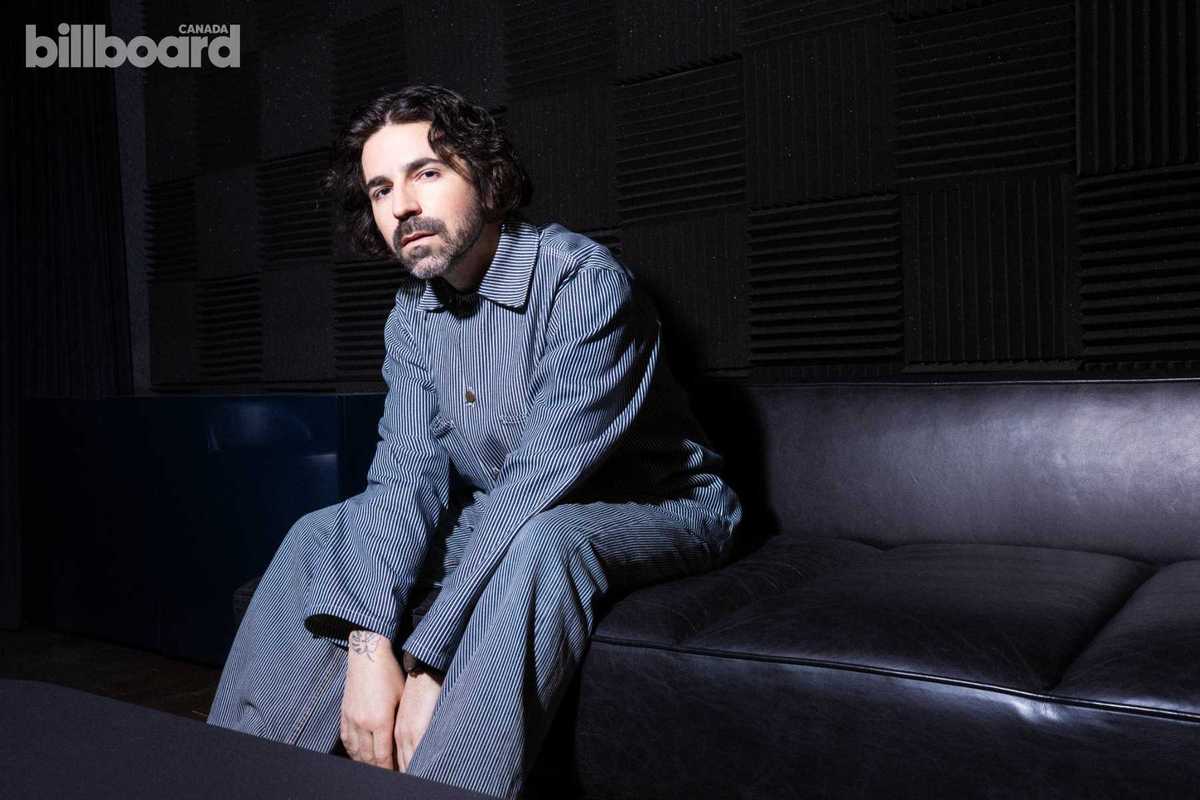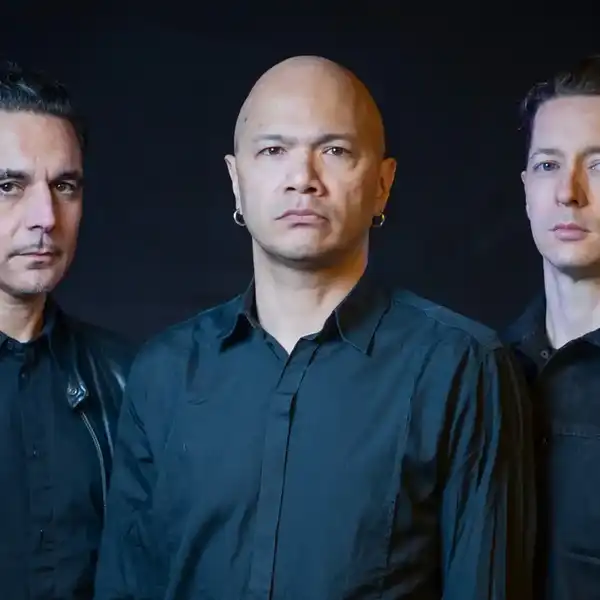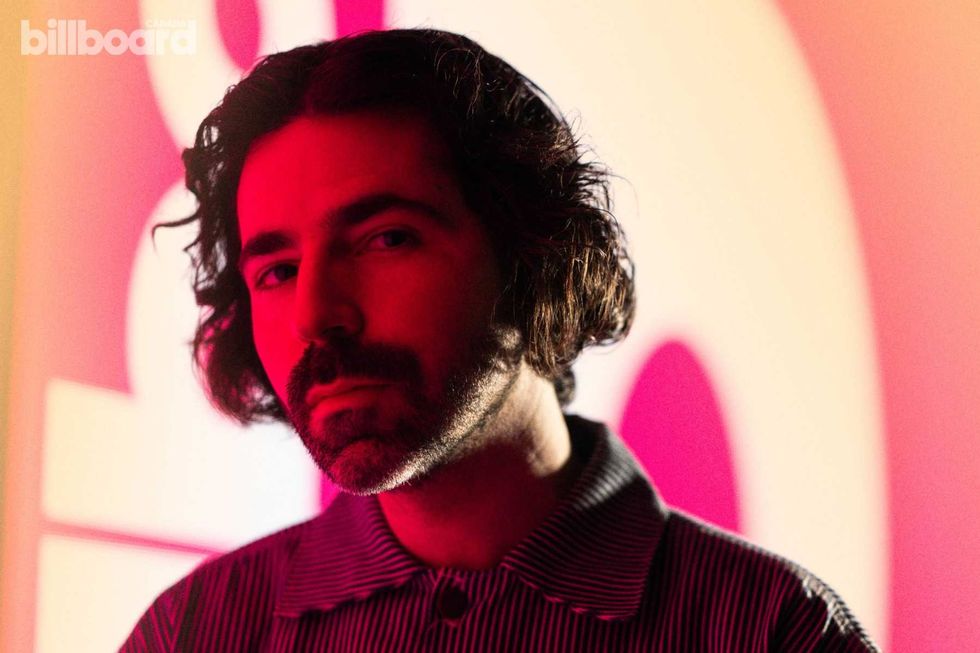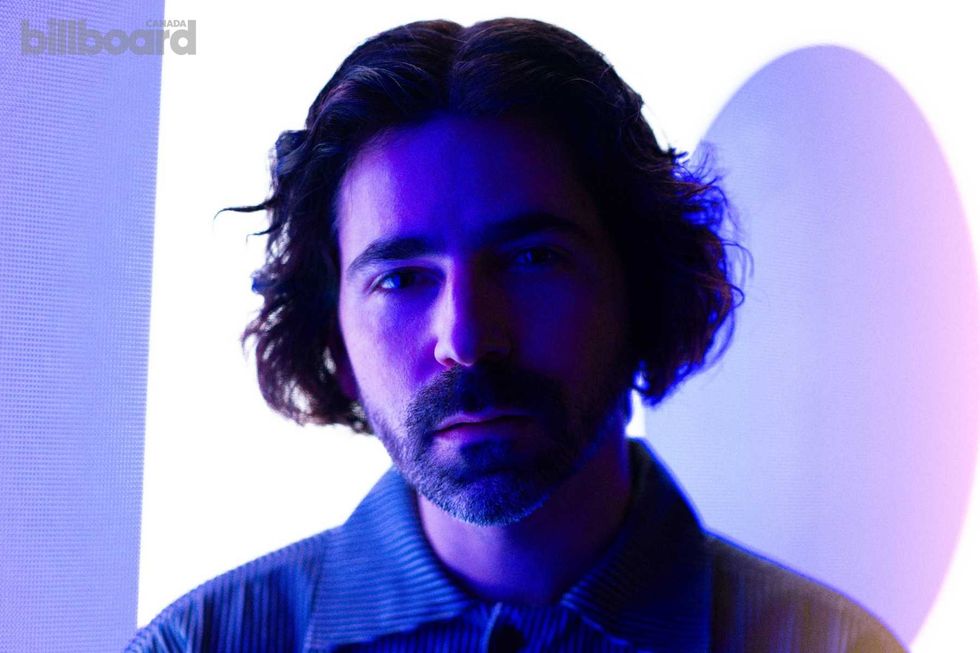Surviving As A Musician... with Lee Aaron
Born Karen Lynn Greening, Lee Aaron has over the years racked up a number of impressive hits, such as Metal Queen, and earned the respect of her peers for her perseverance, talent, charm and un

By External Source
Born Karen Lynn Greening, Lee Aaron has over the years racked up a number of impressive hits, such as Metal Queen, and earned the respect of her peers for her perseverance, talent, charm and unyielding grit through the highs and lows of her career. She has found a balance today that allows her to enjoy a domestic life and continue her career on her own terms. What follows is her personal account of the years past and now.
I don't remember a time when I thought that being a musician would be an easy life. At 15, I was rehearsing three times a week with my first 'real' rock band, playing sax in the jazz and concert bands at school, immersed full-on in musical theatre and working a part-time job to pay for gear, gas and recording equipment. I knew how much work went into any type of production, and I loved it. I was always driven to create music in one form or another.
After graduating, I went on the road forfeiting two scholarships to make $100 a week performing three sets a night, six nights a week in derelict hotels across the mighty Canadian north. We all cut our teeth on that circuit, honing our chops for the Bob and Doug McKenzies of the world and living on peanut butter sandwiches to pay the rent. I could have chosen an easier path, but the inconvenient truth was that I was a pretty good rock singer.
By the mid-80s and a handful of albums later, I'd played hundreds of shows around the globe and survived some early management missteps, gaining hard and harsh wisdom about the business. It was an era of excesses; bikini models in MTV videos, new wave, hair metal and massive amounts of money still being made off records. It was also a man’s world, so being a girl in rock was tough. Navigating pin-up girl marketing whilst trying to carve my path as a songwriter and have a voice among the suits was a challenge. Artists were at the bottom of the royalty pyramid so after gold and platinum albums - and with 20 or so people on my payroll - it was hard to get rich. I toured a lot; I always had to tour.
Corporate rock had gotten nauseatingly formulaic by the mid-’90s, so the Seattle sound was like a breath of fresh air when it happened. I saw grunge as another possibility for my own brand of rock. I went indie, made a couple of cool albums and invested thousands of dollars of my own money, but they barely reached a quarter of my previous sales. I'd always had wide musical tastes, but being aligned with the hair bands of the previous era was like a curse. It was reinvent or pack it in.
Thank God for digital technology. I built a small home studio and started learning Pro Tools. Revisiting my Gershwin roots, I began singing jazz and blues around town and was able to self-finance and produce my own albums at a fraction of old school recording costs. With a distributor, promo person and a booking agent, I could do this solo. I produced two jazz-infused albums and played every jazz festival I could in Canada and overseas.
When I met my husband in 2001, he said something profound. "When you're on your death bed are you going to hug all your gold records close or do you want to be surrounded by your loved ones?' I was floored. I realized at that point that I was probably a workaholic.
After our daughter was born, and then our son, I had to make some difficult decisions about how a career in music looked moving forward. I took a giant step back from the biz for about a decade to raise our little ones. As the kids got a bit older, I realized I couldn't return to touring the way I used to and give our children a normal life.
Our son had some learning and behaviour challenges so I went back to college to get the education I needed to help him. That evolved into working as part of a learning support team designing and implementing programs to help differently-abled learners. The funny thing was, I loved it. It was incredibly rewarding and a lot like coaching musicians to be their best in a recording session - and Lord knows, I’d had plenty of experience doing that.
These days I make music on my own terms. The blessing of the digital age is that it 's infinitely cheaper to make recordings. The band and I have released 3 new albums and a slew of videos over the last four years and with a decent distributor they've found their way into the remaining brick and mortar stores, Amazon worldwide, and all the digital platforms. Luckily, I’m now considered a legacy act so my live value is still pretty high and our audience still wants the physical product. Between the live income, physical and merchandise sales, the Lee Aaron machine is a self-sustaining thing.
Has my life been impacted by streaming and downloads? Well, yes. The cheques have gone from thousands to hundreds. When exactly did it become ethically acceptable for artists to be compensated in the fractions of cents for their work? It’s a hard pill to swallow, so survival depends on recognizing avenues that create your greatest revenue streams and capitalizing on those.
Three of us in the band are educators and my bassist builds beautiful custom guitars (Reimer Guitars). Working with youth and children gives us a chance to tap into our artistic humanity and connect with people in a meaningful way every day. Having other professions with flexibility enables us to not be on the road slogging it out. These days we only play shows that matter. Weekends bring casinos and small arena gigs and in summer, festivals mostly. This year alone, we'll hit Sweden, Belgium, Germany and France.
I feel more inspired than ever to keep creating new music. Next month we head into the studio to make my 15th album. I get to work with musicians I respect and love and make music simply for myself and the fans with zero pressure. For me, it's about the process itself, this incredible musical journey that somehow, magically continues and is still a whole lot of fun.


















 Felix Cartal shot at the W Toronto on Feb. 20, 2026. Lane Dorsey
Felix Cartal shot at the W Toronto on Feb. 20, 2026. Lane Dorsey  Felix Cartal shot at the W Toronto on Feb. 20, 2026.Lane Dorsey
Felix Cartal shot at the W Toronto on Feb. 20, 2026.Lane Dorsey